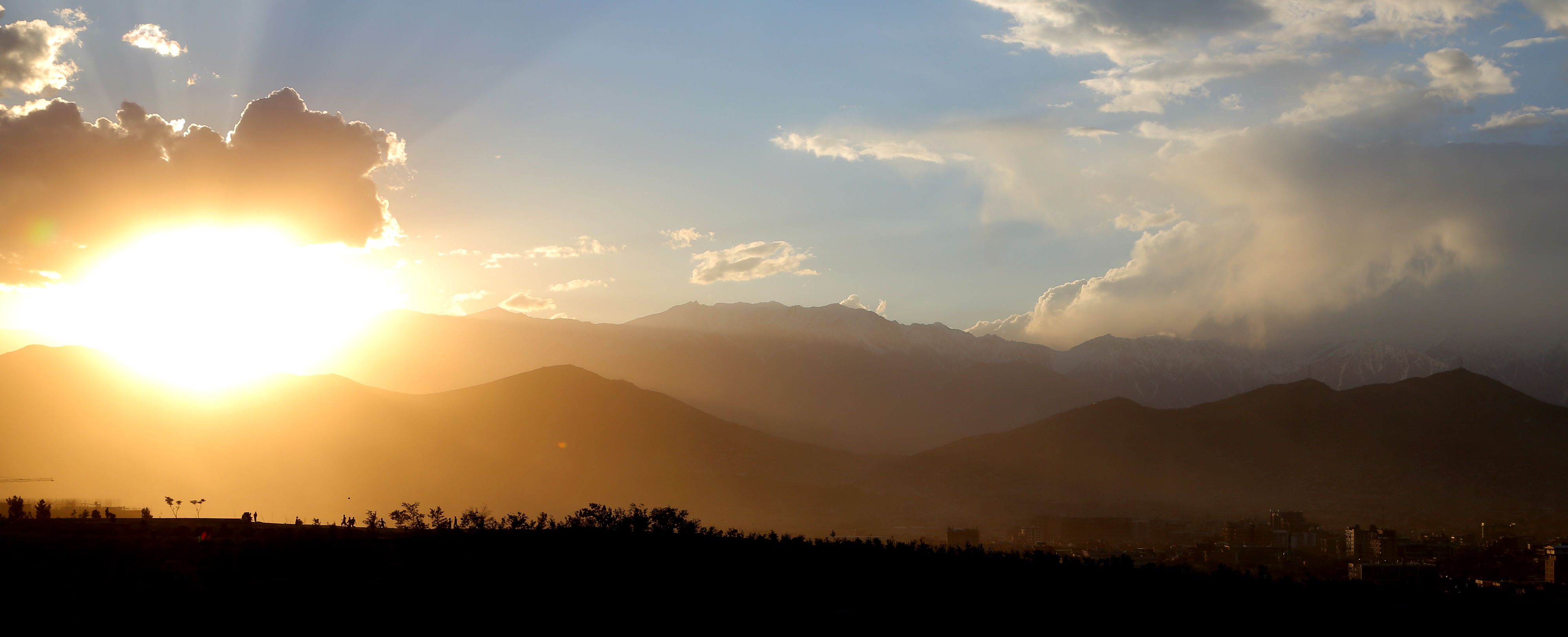
LITERARY | Afghanistan: Bringing the Road to Dareh Ziba
Afghanistan | Abdullah Kunari (a pseudonym), image by Daniel J. Gerstle | Republished November 2024. Originally published in Humanitarian Bazaar (aka HELO Magazine) in 2010.
Let me write here the important challenges which our team faced while working with an international conflict mitigation and development project in one of Afghanistan’s rugged eastern provinces, a frontline area near the Pakistan border. There was little road access to rural areas. Our staff used to travel by foot for eight or ten hours to persuade local residents to participate in the program and integrate with the central government. Most of the people were illiterate. There were security problems, and prevailing poverty.
My recollection of our work in the S. Mountains takes me back over the past year, a time in which the war between Afghanistan’s NATO-backed central government against the al-Qaeda-backed Taliban insurgents was complicated by how the conflict spread to neighboring Pakistan. The U.S. decided to increase troop levels to ensure a government victory, but risked angering many residents who did not want foreign soldiers here. All of our work to convince rural residents near frontline fighting areas to participate with the national government had to be conducted in this dangerous context.
Since the program is government-based, from the start there was a lack of trust, great distance between the rural area residents and the government. The government had no effective means to please and influence the people in such isolated places.
When the team reached those areas, our staff explained the goals and objectives. The hosts were really happy because this was the first time that the government had applied funds for community residents specifically to select problems to solve, monitor changes, and provide transparency and guarantee accountability in that area. Convincing people to participate was the greatest challenge.
During implementation, there was a valley by the name of Dareh Ziba in X province which had around nine hundred families. Dareh Ziba was covered up by the mountains. For centuries people have been living in this remote area without any road access. Traveling to district towns or taking patients to hospitals, it was such a long distance that many lost their lives before reaching their destination.
We discovered in Dareh Ziba a lack of clean drinking water, education, hospital care, and no road access. But the most surprising thing was that when asked what their first priority was, the people of Dareh Ziba said they needed a brand new road more than anything. Finally, the Afghan government sent the 9/M AF to build six kilometers of road for their valley, reducing their isolation dramatically. It was really surprising for me and the team to see this change.
I grew up in an educated and middle class family. Before the Taliban the political situation was very complicated because street by street there were commanders who ran their own presidency and who had their own laws. There were also internal wars. During the Taliban regime, there remained many problems, but security was something to praise. Since NATO overthrew the Taliban in 2001, there have been many political changes. Education and the economy has improved.
Most of time NATO does not share information about operations with the government. Sometimes the operations lead to civilian deaths, events which could later manifest in demonstrations and violence. We heard from local people who thought NATO does not support the basic needs of the Afghans, does not respect Afghan religious practices, and that additional NATO troops were not a way toward solutions. This is one common Afghans idea.
Dareh Ziba Village is ten kilometers west of the forested capitol. The people of this village speak Pashto; so they are very hospitable. They have very rugged culture.
When a woman becomes sick she must search for a female doctor. Otherwise, she will use special, natural medicine which they make from what’s available. There is no other primary or basic health service. The young girls of this area are not allowed to go to school or to make a decision for her engagement.
The people of this area have very good and strong health because usually they are eating sheep and goat meat. They use animal oils and drink milk largely and also they are working their lands for agriculture.
Control of the central and provincial government is rather weak in Dareh Ziba. Instead, they rely on a strong and active local shura, council of elders, responsible to care about all issues for this area. They meet on behalf of the community with anyone coming from not only the government or donors, but also the Taliban.
Finally, the government built that 5 km of rudimentary road, reducing travel from 5-10 hours down to fifteen minutes. Although one young guy was lost while blasting stone on the road, the effort was wildly successful.
Since the dramatic change for Dareh Ziba, the local shura participates more with the government and has agreed not to allow the Taliban into the area. A simple road, it turns out, was the miraculous solution for a village which had been buried in mountains and lacking development for centuries.
